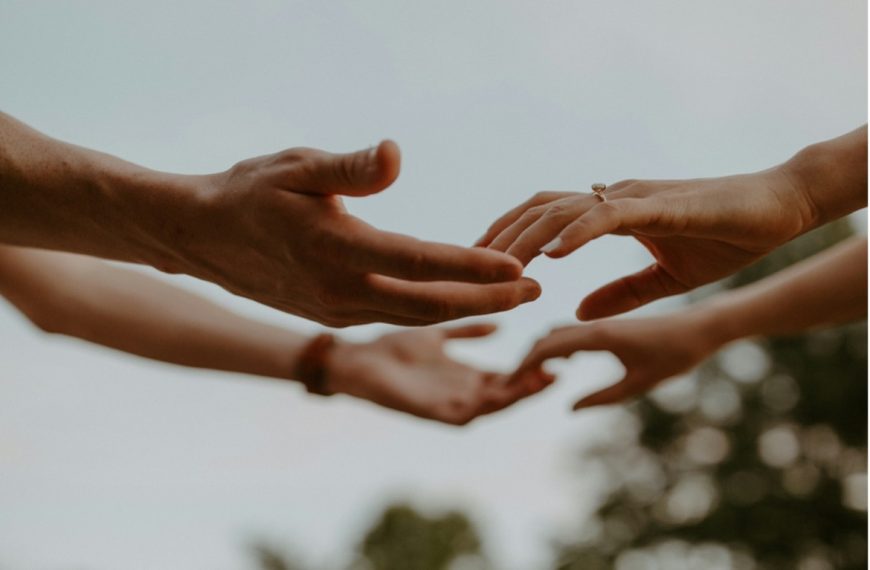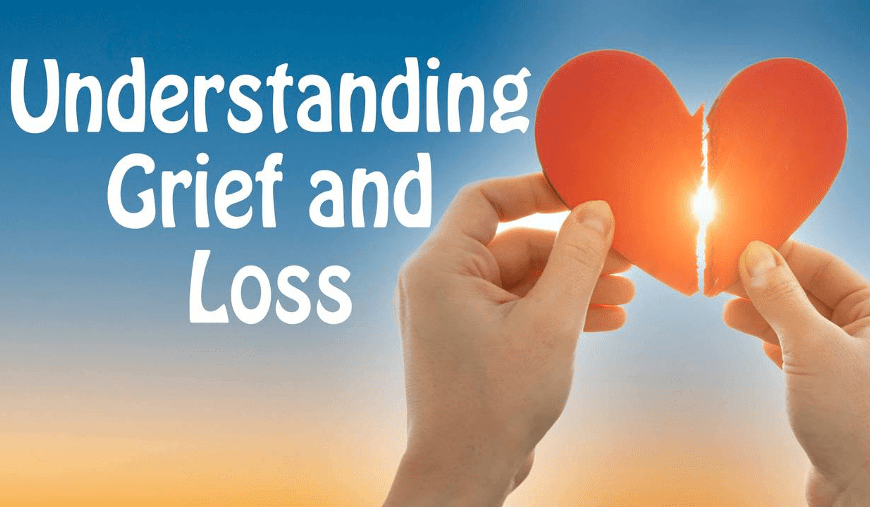Ever feel like your mind just won’t sit still?
Like there’s a traffic jam of thoughts honking for attention—bills, deadlines, that awkward thing you did in 2019?
We’ve all been there.
In today’s fast-paced world, peace feels like a luxury and silence a rare gem. But here’s a truth worth remembering: calm isn’t something you find—it’s something you create.
And that’s where mindfulness comes in.
At the Susan Gitau Counselling Foundation (SGCF), we believe mindfulness isn’t just a buzzword—it’s a bridge back to yourself. Through our Mindfulness and Stress Reduction Programs, we’ve seen how simple awareness can transform anxiety into balance and chaos into clarity.
So, What Exactly Is Mindfulness?
Mindfulness is the practice of being fully present—right here, right now—without judgment.
It’s pausing before you react. It’s noticing your breath before your thoughts run away with you. It’s choosing to experience life as it unfolds, instead of replaying the past or rehearsing the future.
Think of it as gently turning down the volume on the noise inside your mind.
So, What Exactly Is Mindfulness?
When you practice mindfulness, your brain literally changes. Research shows that consistent mindfulness can:
- Reduce levels of cortisol, the stress hormone
- Improve focus, memory, and emotional regulation
- Lower symptoms of anxiety and depression
- Boost feelings of compassion and self-awareness
Each mindful breath teaches your body how to relax and your mind how to rest.
Simple Ways to Practice Mindfulness Every Day
You don’t need incense, yoga mats, or a mountaintop retreat. You just need a few quiet moments—and a willing heart.
Here’s how you can begin:
Here’s how you can begin:
- Breathe with intention.
Take five slow, deep breaths. Notice the air filling your lungs and leaving again. That’s mindfulness in motion. - Mindful moments.
Whether sipping tea, walking to work, or washing dishes, pay attention to the sensations, smells, and sounds around you. - Gratitude check-ins.
Before bed, name three things that went right today—no matter how small. Gratitude gently shifts your brain toward peace. - Body awareness.
Notice where you hold tension—your shoulders, jaw, or back—and consciously release it. - Digital pause.
Step away from your phone for ten minutes a day. Your nervous system will thank you.
Mindfulness as a Healing Tool
For many people we meet at our center, anxiety and stress don’t just live in the mind—they live in the body: tight chests, racing thoughts, sleepless nights.
That’s why our counseling programs integrate mindfulness, trauma-informed therapy, and holistic healing, helping clients reconnect with themselves and rediscover peace that lasts longer than a motivational quote.
If stress has been running your life lately, you don’t have to face it alone.
Reach out to our team today for professional counseling and mindfulness-based stress reduction. Your journey to calm can start right now—with one small, steady breath.
A Gentle Reminder
You don’t have to silence your thoughts to find peace—you just need to listen differently.
Mindfulness isn’t about escaping life’s chaos; it’s about learning to breathe in the middle of it.
At the Susan Gitau Counselling Foundation, we’re here to walk beside you—one breath at a time—because calm isn’t a destination.
It’s a daily practice.
And you deserve it.
Read Also:
Hope After the Storm: How to Rebuild Your Life After Trauma
November 10, 2025Top Challenge Impacting Youth in 2024: Navigating Mental Health
June 24, 2024The Hidden Weight of Trauma: Why Professional Counseling Matters – by Shelmith Wanjiru
September 24, 2025Healing in Community: The Power of Support Groups
November 12, 2025- Healing in Community: The Power of Support Groups - November 12, 2025
- Hope After the Storm: How to Rebuild Your Life After Trauma - November 10, 2025
- The Power of Mindfulness for Stress and Anxiety - November 10, 2025
















